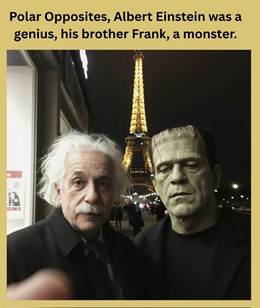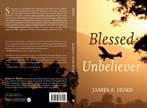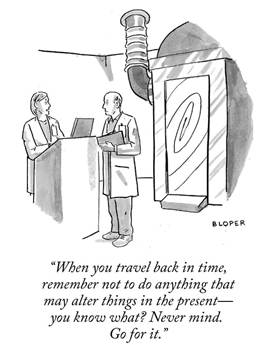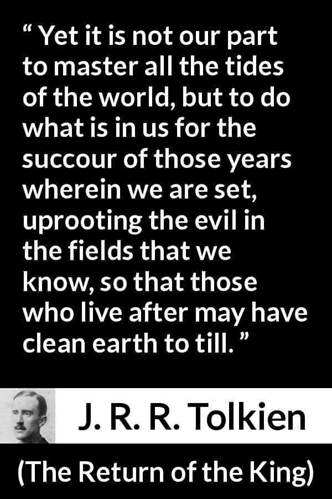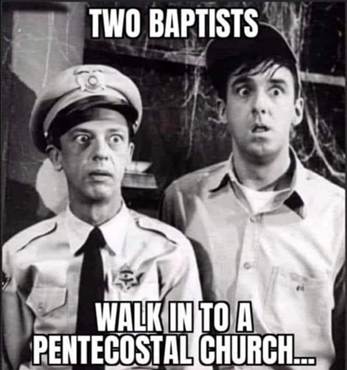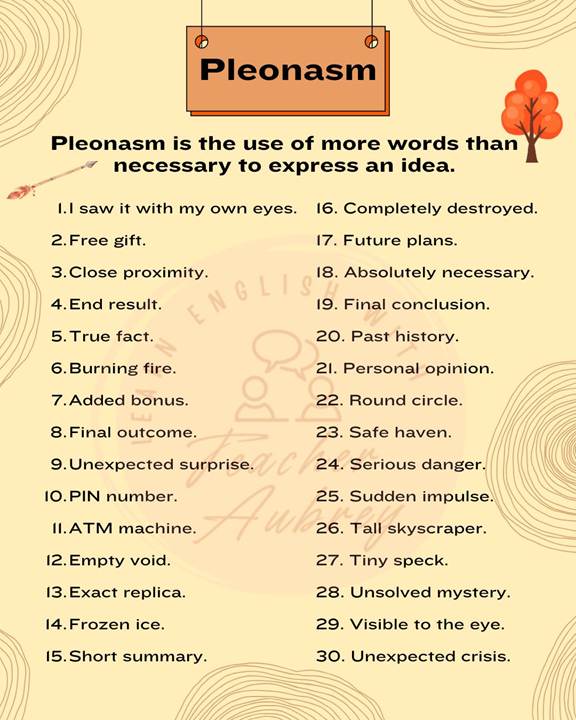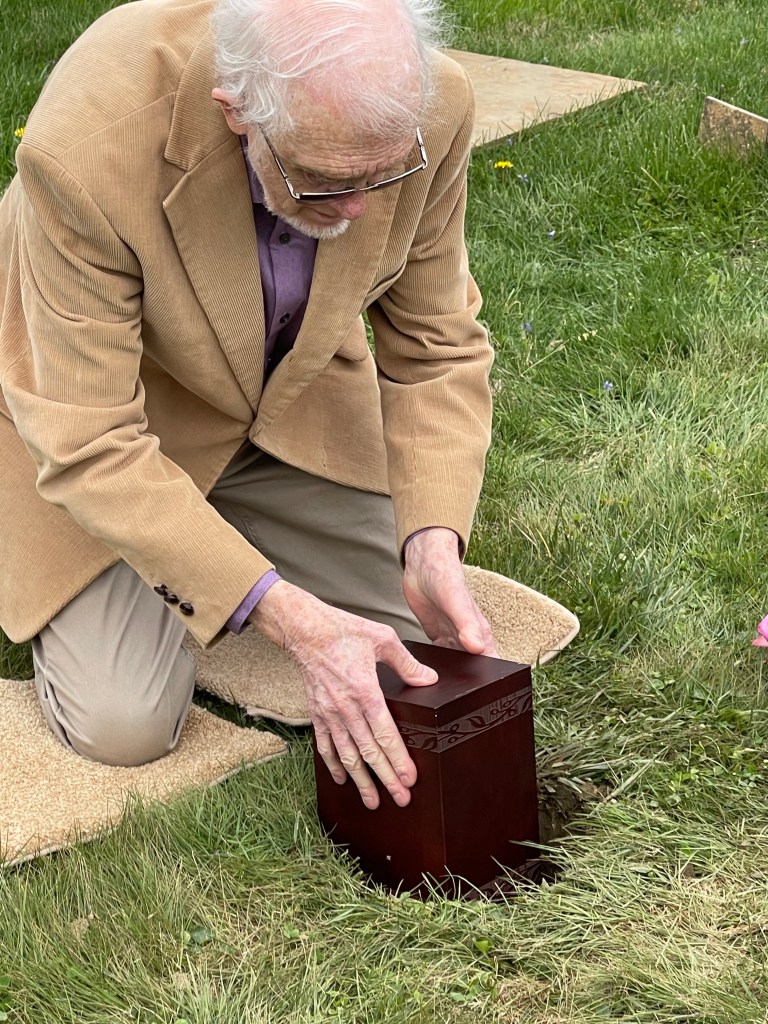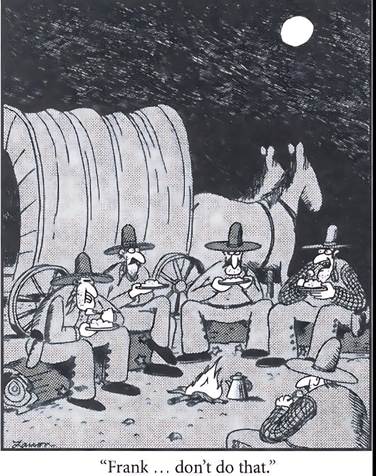Spreading wings in a perplexing world
February, 2026 James P. Hurd
Please forward and share this zine with others. Thank you.
The world is a strange, beautiful, mysterious and sometimes disappointing place. This zine is dedicated to pondering that mystery.
Contents
- Writer’s Corner
- Blessed Unbeliever novel
- This month’s story: “Colombia: A Severe Mercy”
- This month’s puzzler: “No Time”
- WINGSPREAD zine subscription information
- Wisdom
Writer’s Corner
Dedicated to the world of words and the people who create them.

Want to browse archived WINGSPREAD stories? Click here, then click under “archives” at https://jimhurd.com/ These stories include memoirs, stories about bush flying, personal essays and other topics.
Here are a few examples:
“All Hallows Eve: A story for October 31” (October, 2015)
“Reggie Radcliffe and the Fundamentalists” (October, 2018)
“The Returning” (October, 2025—carrying Barbara’s ashes back to Pennsylvania)
NEW BOOK!
Forthcoming―a book of stories and essays, new and old. Some samples―”Egg McMuffin Miracle,” “Churched Atheists,” “Gaming Airport Security.” I’ll keep you posted on the launch date.
Writer’s tip: Scan your piece for “out-of-order” sentences. They may flow better and make more sense if they’re rearranged.
Words
.Sanewashing (v.) Normalizing and rationalizing outrageous, extreme or false behavior by a public figure. “The commentator sanewashed the bizarre speech, arguing, ‘He’s just being honest.’”
Kavanaughing (v.) Getting targeted because of your appearance. Origin: Brett Kavanaugh (SCOTUS) wrote a recent opinion in support of using physical appearance to identify criminals and undocumented people. Example: “Even though he was a U.S. citizen, ICE Kavanaughed him because of his dark skin.”
Favorite metaphor: “He’s the kind of man that destiny had a serious grudge against.”
Digital resources: AI is a curse and a blessing. The creators never tell you what algorithms they use. However, I have found it useful for critiquing pieces I have written. Ask AI, “Critique the following essay.” It will give you several suggestions.
TV series of the month: POLDARK. On Netflix. A British soldier returns to England after the American Revolution and confronts a new life in Cornwall where he runs a copper mine, deals with threats of war with France and negotiates complex relationships with his relatives.
Task for you: If you have something you wish to submit for publication in this WINGSPREAD Zine, send it to me for consideration. (Humor, pithy quotes)
BLESSED UNBELIEVER novel
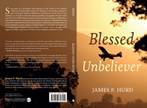
Sean’s serene childhood turns to tortured adolescence after Reggie steals his girlfriend, Kathleen. He leaves for college, shaken and losing his childhood faith. and finds himself telling people he’s an atheist—.at a Bible Institute! Parts of the novel draw deeply on my own life experiences, but I’m not telling which parts!
Available in paper or Kindle version at Wipf and Stock Publishers, Amazon
( https://a.co/d/9su5F3o ) or order it wherever good books are sold.
Hashtags: #blessedunbeliever #christianwriter #babyloss #southerncalifornia #planes #aviation #humanist #pilotlife #religion #travel #aviationgeek #orangecounty #godless #atheism
New story: “Colombia: A Severe Mercy
Except for the burglaries, Land Rover crash, airplane crash, typhoid fever, a murder and getting kicked out of our rental house, bush-flying for MAF in Colombia was great.
Within a few weeks after checkout, I was flying solo into the small bush airstrips located all around Montería. Muleticos had a hill at one end, making it a one-way strip―you could only land to the west and only take off to the east. This day I’d just cleared the boundary fence when two pigs breached the fencing and darted across the runway. Too late to go around. I touched down and stood on the brakes. Bam bam! I tore them both in two with the left wheel, knocking out the left brake. At that point I could keep the airplane straight or brake to a stop, but I couldn’t do both. The plane swerved violently to the right, took out some fenceposts and came to rest after severing a six-inch tree trunk, throwing the airplane down on its left wing. Thankfully no one was hurt. After we traveled several hours by mule and jeep over dirt roads, I arrived home tired, dirty and discouraged. I collapsed into Barbara’s arms―“I crashed the airplane!” . . .
To read more, click here: https://jimhurd.com/2026/02/11/colombia-a-severe-mercy/
Leave a comment on the website, subscribe to the zine. Share this with others. Thanks.
You can also access my articles on Substack: https://jameshurd.substack.com/publish/post/164503545
This month’s puzzler. thanks to NPR: “No Time”
In qualifying for a Trophy Off Road Race, potential drivers and their teammates were told that they had to traverse a course in as close a time as their partners without the use of time pieces like clocks, watches, or anything like that.
For example, the first person of the two-person team would drive the course through the woods, over bridges, through streams and then return to the starting point and give his vehicle to his partner, who would then drive the same course and try to finish it as close to the time of his partner. So if the first partner finished in four minutes and 25 seconds, the other guy would try to duplicate that time.
But how could he do that without the use of any kind of clock or timepiece?
How could he possibly finish in the same time? That’s the question. So the guys that won the race figured out a way to finish in the same time.
How did they do it?
Good luck.
(Answer will appear in next month’s WINGSPREAD newsletter.)
Answer to last month’s puzzler:
Find the homophones that are opposites in the following sentences:
1. The model wore a timepiece on her ankle. (war/peace)
2. Who will underwrite the cost of the sarong? (right/wrong)
3. This is a rare Bolivian diamond. (live/die)
4. The customer got a souvenir from the pharmacy. (near/far)
5. Let’s celebrate by throwing a party. (sell/buy)
6. The stoker must reignite the furnace daily. (night/day)
7. Can buffalo experience hypertension? (low/high)
Subscribe free to this Ezine
Click here https://jimhurd.com/home/ to subscribe to this WINGSPREAD zine, sent direct to your email inbox, every month. You will receive a free article for subscribing. Please share this URL with interested friends, “like” it on Facebook, or retweet on Twitter.
If you wish to unsubscribe from this Wingspread Ezine, send an email to hurdjames1941@gmail.com and put in the subject line: “unsubscribe.” (I won’t feel bad, promise!) Thanks.
Wisdom


Medieval Liturgy of the Hours
Monastic life followed a disciplined schedule.
- Matins (during the night, at about 2 a.m.); sometimes called Vigil and composed of two or three nocturns
- Lauds (at dawn, about 5 a.m., but earlier in summer, later in winter)
- Prime (first Hour = approximately 6 a.m.)
- Terce (third Hour = approximately 9 a.m.)
- Sext (sixth Hour = approximately 12 noon)
- None (Ninth Hour = approximately 3 p.m.)
- Vespers (“at the lighting of the lamps”, about 6 p.m.)
- Compline (before retiring, about 7 p.m.)

Computer error messages as Haiku poetry
In Japan, they have replaced the impersonal and unhelpful Microsoft Error messages with Haiku poetry. Haiku poetry has strict construction rules. Each poem has only three lines, 17 syllables – five syllables in the first line, seven in the second, five in the third.
Haikus are used to communicate a timeless message, often achieving a wistful, yearning, and powerful insight through extreme brevity. What better answer for th impersonal computer? Here are some samples:
The Web site you seek
Cannot be located, but
Countless more exist.
Chaos reigns within.
Reflect, repent, and reboot.
Order shall return.
Windows NT crashed.
I am the Blue Screen of Death.
No one hears your screams.
Yesterday it worked.
Today it is not working.
Windows is like that.
First snow, then silence.
This thousand-dollar screen dies
So beautifully.
Stay the patient course.
Of little worth is your ire.
The network is down.
A crash reduces
Your expensive computer
To a simple stone.
Three things are certain:
Death, taxes and lost data.
Guess which has occurred.
You step in the stream,
But the water has moved on.
This page is not here.
Serious error.
All shortcuts have disappeared.
Screen. Mind. Both are blank.
ABORTED effort:
Close all that you have.
You ask far too much.
The Tao that is seen
Is not the true Tao, until
You bring fresh toner.
Out of memory.
We wish to hold the whole sky,
But we never will.
Having been erased,
The document you’re seeking,
Must now be retyped.
Rather than a beep,
Or a rude error message,
These words: “File not found.”
With searching comes loss
and the presence of absence:
“My Novel” not found.
